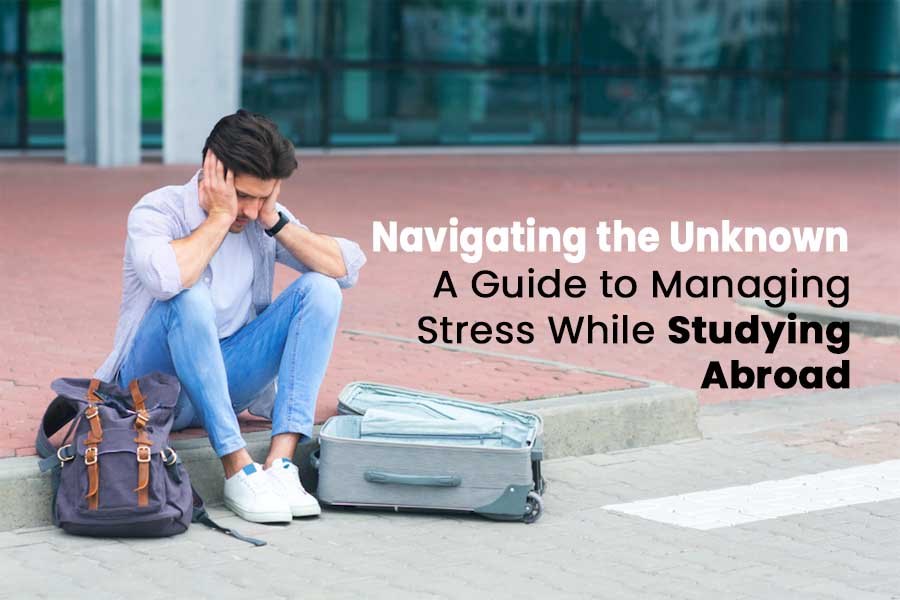Studying abroad is an exciting adventure that opens up a world of opportunities for personal and academic growth. However, the experience comes with its own set of challenges, and managing stress becomes a crucial aspect of thriving in a new environment.
From cultural shock to academic pressures, here’s a comprehensive guide on how to deal with stress when studying abroad and emerge victorious.
- Embrace Cultural Differences:
One of the primary stressors when studying abroad is the stark contrast in culture. The unfamiliar traditions, languages, and social norms can be overwhelming.
To alleviate stress, it’s essential to approach these differences with an open mind. Attend local events, engage with fellow students, and immerse yourself in the community.
By embracing cultural diversity, you not only enrich your experience but also build a support network that can help you navigate the challenges.
- Establish a Routine:
The upheaval of moving to a new country can disrupt your sense of normalcy, contributing to stress. Establishing a routine can provide a sense of stability amidst the chaos.
Schedule regular study sessions, exercise, and leisure activities to maintain a healthy balance. Having a structured routine helps in adapting to the new environment and minimizes the overwhelming feeling of uncertainty.
- Seek Support:
Feeling isolated in a foreign land is a common stressor for students studying abroad. It’s crucial to recognize the importance of a support system.
Connect with local and international students, join clubs or organizations, and attend social events. Universities often have counseling services to assist students dealing with stress. Don’t hesitate to reach out for help when needed – talking about your feelings can be a significant relief.
- Manage Academic Pressures:
The academic demands of studying abroad can be intense, adding an extra layer of stress. Stay organized by planning your study sessions, breaking down tasks into manageable chunks, and setting realistic goals.
Time management is key to avoiding last-minute cramming, and reducing academic stress. Additionally, seek help from professors or classmates if you’re struggling with coursework. Remember, it’s okay to ask for assistance.
- Prioritize Self-Care:
Neglecting self-care can exacerbate stress levels. Ensure you get enough sleep, maintain a balanced diet, and engage in activities you enjoy.
Physical well-being has a direct impact on mental health. Explore the local cuisine, engage in physical activities, and take breaks when needed. Prioritizing self-care helps in maintaining a positive mindset and resilience in the face of challenges.
- Embrace Flexibility:
Adapting to a new culture and academic system may not always go as planned. It’s essential to embrace flexibility and approach challenges with a problem-solving mindset.
Be open to change, learn from setbacks, and view them as opportunities for personal growth. The ability to adapt and stay resilient in the face of uncertainty is a valuable skill that will serve you well not only during your time abroad but throughout your life.
- Set Realistic Expectations:
While studying abroad is an enriching experience, it’s crucial to set realistic expectations. Understand that challenges will arise, and not every moment will be picture-perfect.
Give yourself the grace to navigate difficulties and celebrate small victories. Setting achievable goals and acknowledging your accomplishments along the way contributes to a positive mindset and reduces stress.
Final Thoughts:
Studying abroad is a transformative journey that comes with its share of stressors. By embracing cultural differences, establishing a routine, seeking support, managing academic pressures, prioritizing self-care, embracing flexibility, and setting realistic expectations, you can navigate the challenges successfully.
Remember, the ability to overcome stress while studying abroad is not just a testament to your academic prowess but a reflection of your resilience and adaptability in the face of the unknown.























































































